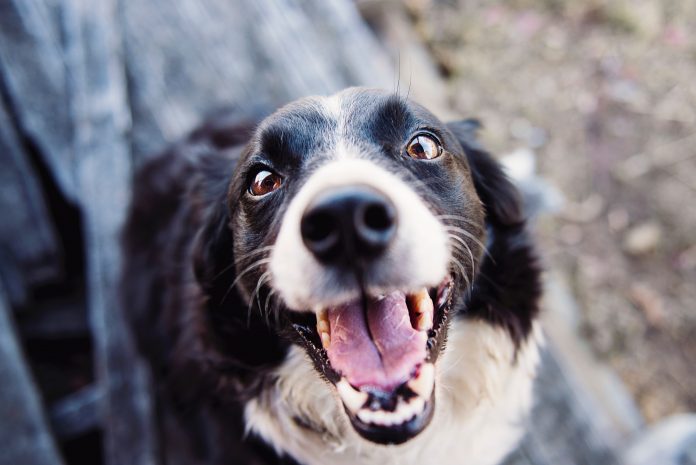The Wolf Administration updated the Guidance on Veterinary Practices Amid the COVID-19 Pandemic to allow for non-essential services and routine or elective surgical procedures, like spaying and neutering, to take place.
“Veterinary medicine services are life-sustaining businesses and have been permitted to continue to operate throughout the COVID-19 pandemic,” said Secretary of Health Dr. Rachel Levine. “As veterinarians continue to provide services through the phased reopening, it is important to promote public health practices and align with efforts to stop the spread of COVID-19. The Department of Health, along with the departments of Agriculture and State, appreciate the cooperation of the veterinary community and have made the decision to allow for routine or elective surgical procedures to now take place.”
Veterinarian practices were allowed to stay open according to the Pennsylvania State Board of Veterinary Medicine and the American Veterinary Medical Association’s COVID-19 guidelines. Throughout the pandemic, the Pennsylvania Department of State suspended requirements related to telemedicine and reactivation of retired practitioners.
“I want to thank veterinarians throughout Pennsylvania who have continued to provide essential services throughout the COVID-19 emergency,” said Secretary of State Kathy Boockvar. “Thanks to their dedication, we have been able to ensure that Pennsylvanians receive the services they need in this unprecedented time and are now safely able to expand those services as Pennsylvania continues its reopening process.”
Pennsylvania’s Dog Law requires shelters and rescues to have dogs and cats spayed/neutered before adoption. Effective April 2, 2020, the Pennsylvania Department of Agriculture has temporarily waived this requirement. Shelters must keep a running list of pets adopted during the COVID-19 pandemic and follow up with adopted pet owners to make sure the procedure takes place. Pet owners who adopted a pet have up to 120 days from the time of adoption to have a procedure completed.
“Veterinarians, technicians and others in their practices are a vitally important part of our agriculture workforce,” said Agriculture Secretary Russell Redding. “As we reopen businesses and begin to seek a new normal, we must continue to balance protecting the lives and health of our workforce, and meeting the needs of the people who rely on their services to care for and protect the animals we all care about.”


